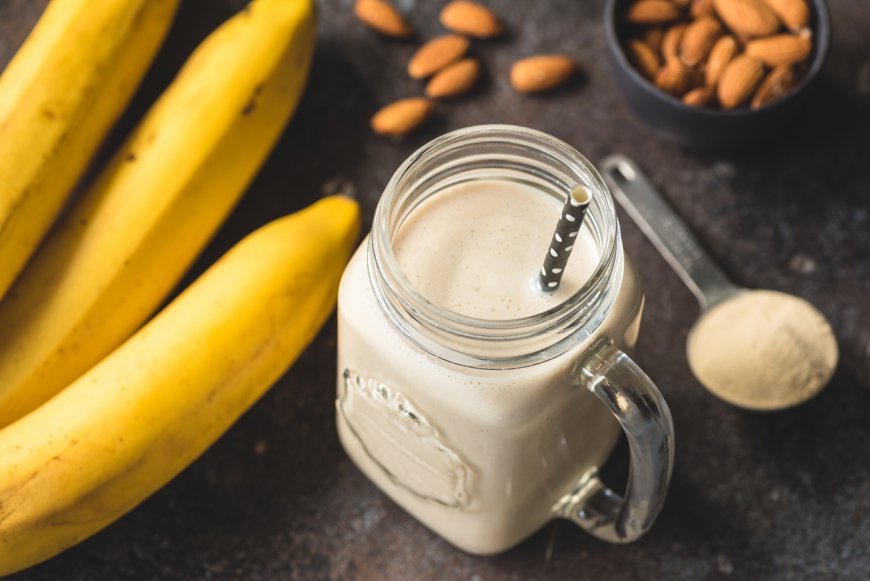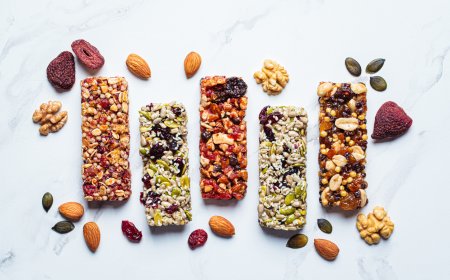Shake Up Your Routine: Unbelievable Ways Protein Powers Your Body & Mind
Explore the multifaceted world of protein shakes! Dive into how they aid in muscle growth, weight management, and overall health. Discover the best practices, scientific research, and tips for incorporating protein shakes into your fitness and dietary routine. Perfect for athletes, fitness enthusiasts, and anyone looking to boost their nutritional intake.

A protein shake is a dietary supplement typically made by mixing protein powder with water, milk, or another liquid to create a drinkable form. It's designed to provide a convenient and concentrated source of protein, which is an essential nutrient that helps build muscle, repair tissue, and make enzymes and hormones. Protein shakes are particularly popular among athletes, bodybuilders, and those looking to increase their protein intake for various health and fitness reasons.
The history of protein shakes is closely tied to the broader history of dietary supplements and bodybuilding culture. Here's a brief overview:
Early 20th Century:
- Health and Fitness Movement: The early 1900s saw a growing interest in health and fitness, influenced by figures like Eugen Sandow, the "father of modern bodybuilding." People began looking for dietary strategies to enhance their physical development and performance.
1930s-1950s:
- Health Food Stores: Health food stores started to appear, offering various supplements and protein-rich foods. These were popular among bodybuilders and athletes seeking muscle growth and recovery aids.
- First Protein Supplements: Initially, these weren't shakes but rather protein-rich foods and amino acid supplements. The protein sources were primarily from foods like eggs, milk, and meat.
1950s-1960s:
- Popularization of Bodybuilding: As bodybuilding became more popular, there was a growing market for dietary supplements. Icons like Steve Reeves and later Arnold Schwarzenegger popularized the image of the muscular physique.
- Introduction of Protein Powders: Companies began producing protein powders. These were simple by today's standards, often made from soy, egg, or milk protein.
1970s-1980s:
- Fitness Boom: The fitness craze of the 1970s and 1980s saw a surge in public interest in personal health and exercise. Gyms and health clubs became more widespread.
- Advancements in Supplements: Protein supplements became more refined, with better taste and solubility. Whey protein emerged as a popular source due to its high biological value and fast absorption rate.
1990s-Present:
- Mainstream Acceptance: Once the domain of bodybuilders and athletes, protein shakes have become mainstream as more people recognize the importance of protein in a balanced diet.
- Variety and Specialization: Today, there's a vast array of protein powders available, catering to different dietary needs and preferences (e.g., plant-based, low-carb, organic).
- Scientific Backing: Ongoing research continues to support the benefits of protein in muscle synthesis and overall health, leading to broader acceptance and usage of protein supplements.
Types of Protein Used:
- Whey Protein: Derived from milk, whey is a fast-absorbing protein and contains all nine essential amino acids.
- Casein Protein: Also from milk, casein is absorbed more slowly, providing a steady release of amino acids.
- Soy Protein: A plant-based option that also contains all essential amino acids, making it a complete protein.
- Pea Protein: Another plant-based option, popular among vegetarians and those with dairy allergies.
- Hemp Protein: Made from the seeds of the hemp plant and includes beneficial omega-3 fatty acids.
Benefits:
- Muscle Growth: Protein is crucial for muscle growth and repair, making shakes a popular post-workout choice.
- Weight Management: Protein can help you feel full longer, potentially aiding in weight loss or maintenance.
- Convenience: For those with a busy lifestyle, protein shakes offer a quick and easy way to increase protein intake.
- Dietary Supplement: Helpful for individuals who struggle to meet their protein needs through food alone.
Considerations:
- Quality and Type: Not all proteins are created equal. Some may contain added sugars, artificial flavors, or other unwanted ingredients.
- Dietary Needs: Depending on your health and dietary restrictions, certain protein types may be more suitable than others.
- Balance: While protein shakes can be beneficial, it's important to maintain a balanced diet and not rely solely on supplements.
What's Your Reaction?













































































































